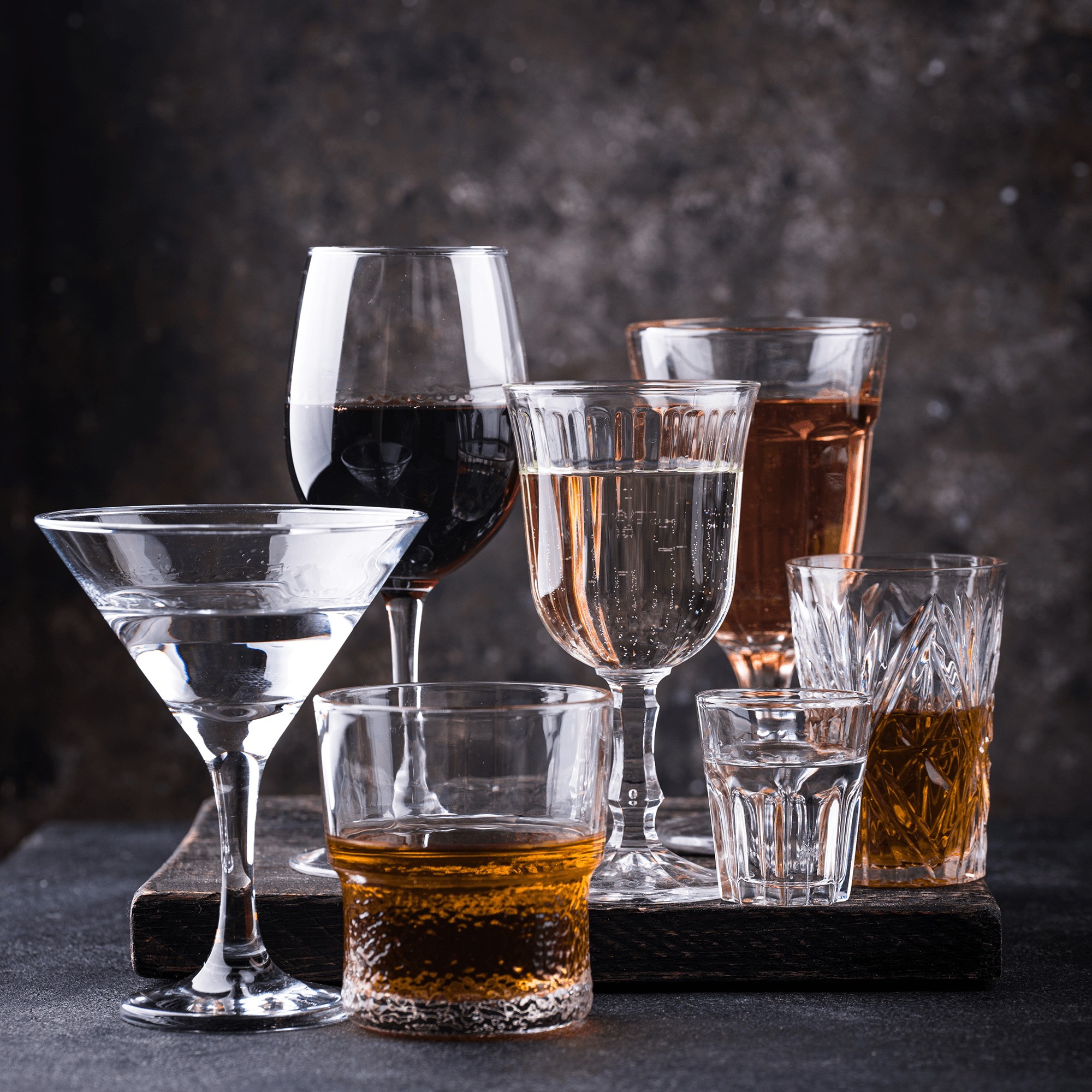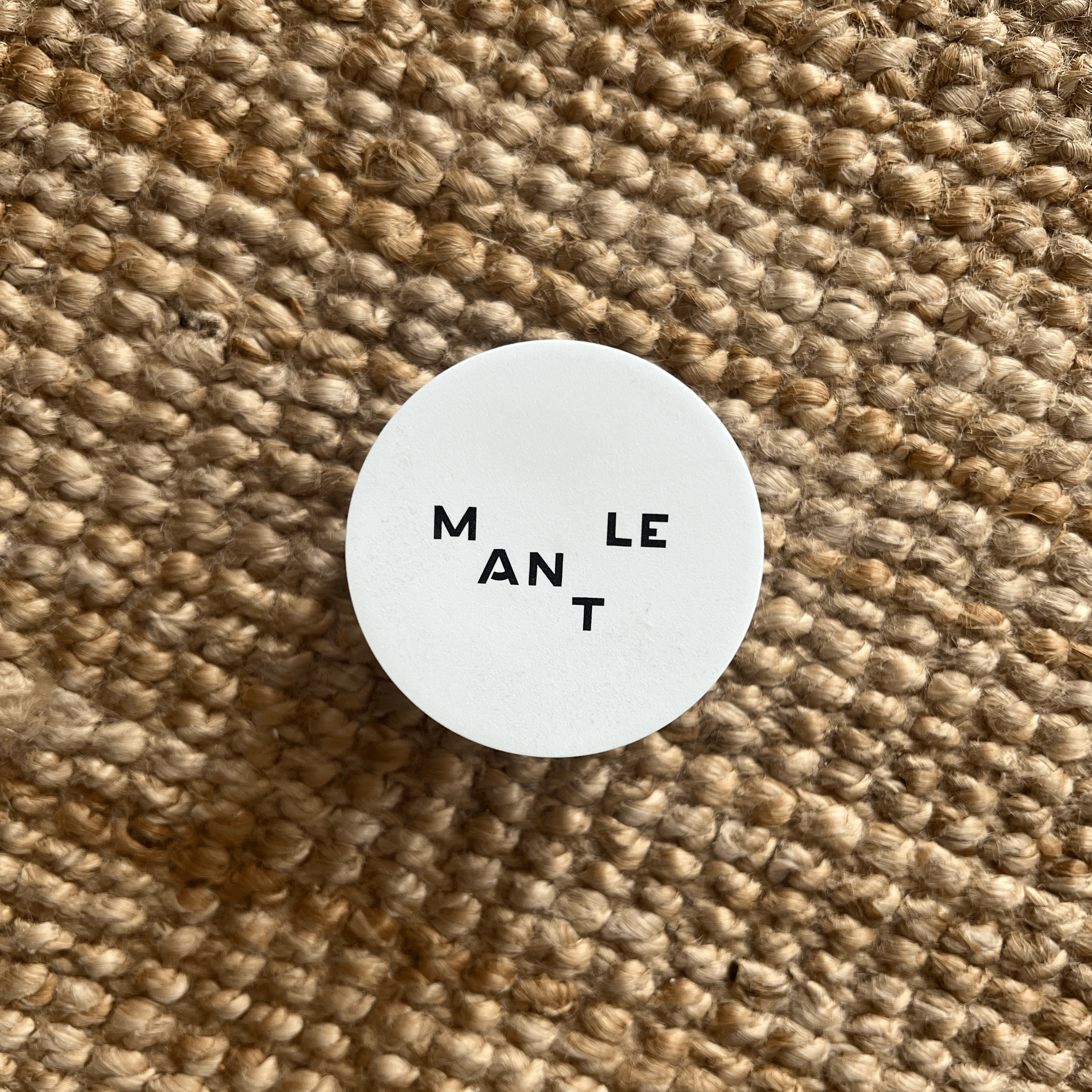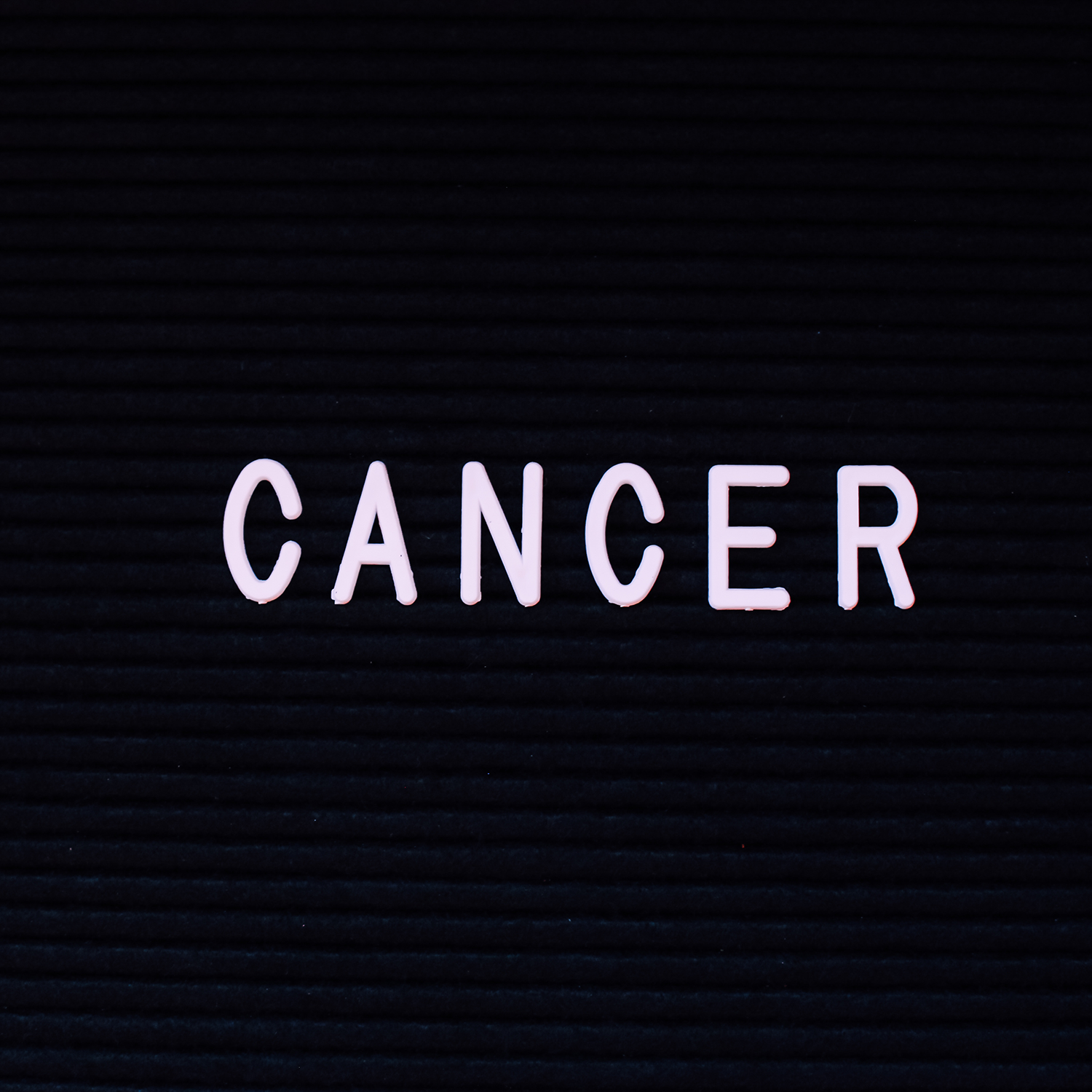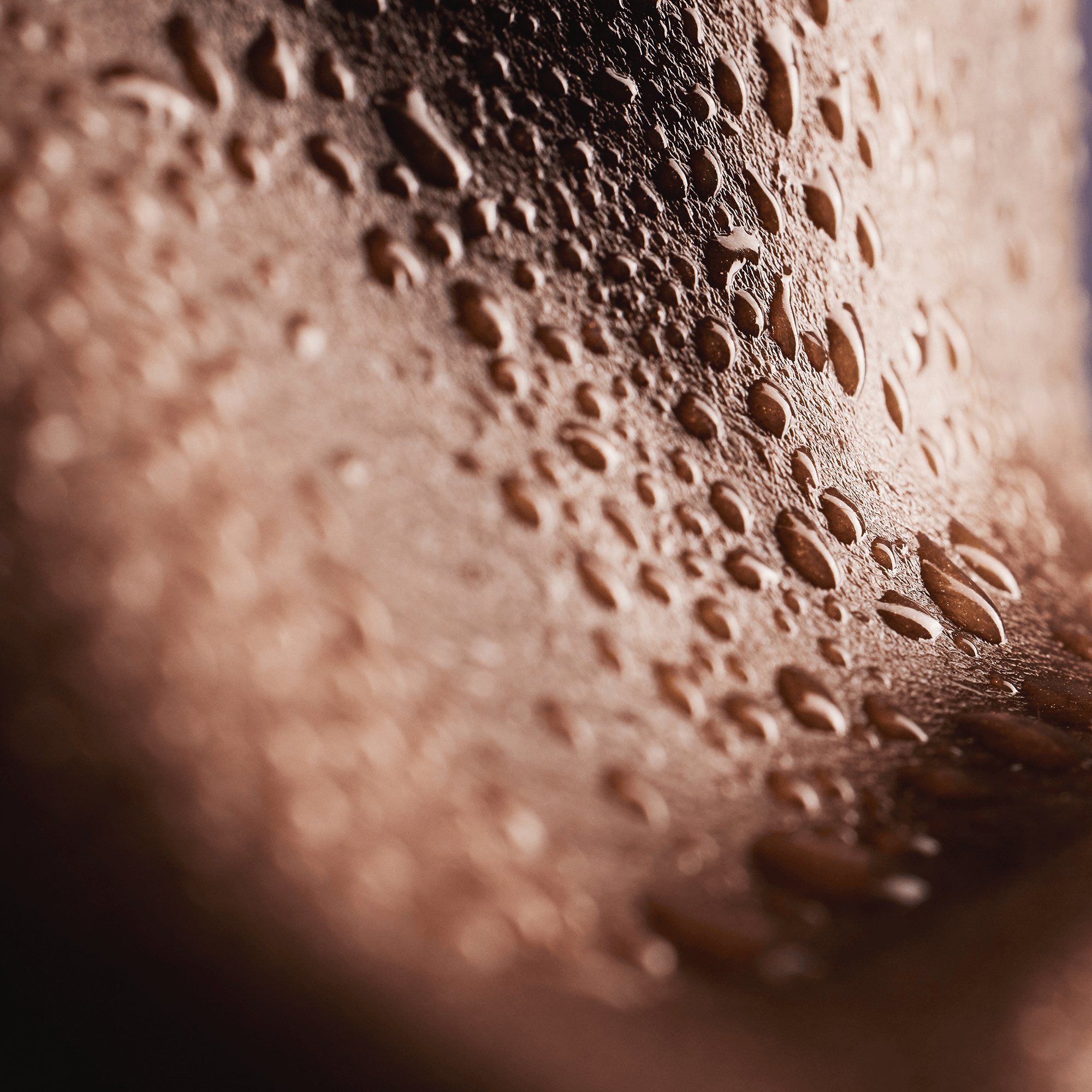How Alcohol Consumption Affects the Skin

The impact of alcohol on skin health: Microbiome, endocannabinoid system, and five ways to protect your skin
Alcohol has a long and complex history, both as a social drink and a source of health issues. While moderate alcohol consumption is sometimes considered harmless or even beneficial for certain aspects of health, its negative effects on the skin have become increasingly apparent in research. These effects range from superficial changes in the appearance of the skin to deeper disturbances in the skin's microbiome and endocannabinoid system, two crucial components that play a central role in maintaining skin health and balance.
In this post, we will explore how alcohol affects the skin, focusing on the microbiome and endocannabinoid system. We will also provide five concrete tips on how to minimize the negative effects of alcohol on the skin.
How alcohol affects the skin's microbiome
The skin's microbiome is a complex ecosystem of bacteria, fungi, and other microorganisms that live on and in the skin. These microorganisms play a critical role in protecting the skin from pathogens, regulating the immune system, and maintaining the skin's barrier function. When the balance of this microbiome is disrupted, it can lead to skin problems such as acne, eczema, rosacea, and other inflammatory skin diseases.
The impact of alcohol on the microbiome
Alcohol consumption can have several negative effects on the skin's microbiome. Alcohol is a known diuretic, meaning it leads to increased urine production and subsequent dehydration. When the skin becomes dehydrated, its barrier function weakens, making it more susceptible to damage and infections. The dry environment on the skin's surface can also disrupt the natural balance of various microorganisms, leading to an overgrowth of harmful bacteria and fungi.
Furthermore, alcohol consumption can alter the pH level of the skin's surface. The skin's normal pH level is slightly acidic (pH 4.5 to 5.6), which helps keep harmful microorganisms in check. However, alcohol can raise the skin's pH level, making it easier for pathogenic microorganisms to establish themselves and cause problems.
The impact of alcohol on the immune system
Alcohol also negatively affects the immune system, both systemically and in the skin. Research has shown that alcohol can dampen the immune response, making it more difficult for the body to fight infections and inflammation in the skin. This can lead to impaired wound healing and an increased risk of skin infections.
Alcohol and the skin's endocannabinoid system
The endocannabinoid system is a complex signaling system that plays an important role in regulating several physiological processes, including skin homeostasis, inflammation, cell proliferation, and lipid production. The system consists of cannabinoid receptors (CB1 and CB2), endogenous cannabinoids, and enzymes that synthesize and break down these cannabinoids.
The influence of alcohol on the endocannabinoid system
Alcohol can disrupt the normal function of the endocannabinoid system. Research has shown that alcohol affects the production and breakdown of endocannabinoids, leading to imbalances in the system. These imbalances can contribute to various skin problems, including excessive sebum production (which can lead to acne), impaired barrier function, and increased susceptibility to inflammation.
Inflammatory skin diseases and the endocannabinoid system
Imbalances in the endocannabinoid system have been linked to several inflammatory skin diseases, such as atopic dermatitis, psoriasis, and acne. Since alcohol can worsen these imbalances, individuals with such conditions may experience a worsening of their symptoms with alcohol consumption. Additionally, alcohol-induced inflammation in the skin can exacerbate existing conditions and complicate their treatment.
Five tips for protecting the skin during alcohol consumption
Despite the potential negative effects of alcohol on the skin, there are ways to minimize its impact. Here are five concrete tips for protecting your skin while drinking alcohol:
1. Keep the skin hydrated
Since alcohol can lead to dehydration, it is important to keep the skin hydrated both internally and externally. Drink plenty of water during and after alcohol consumption to compensate for fluid loss.
2. Limit alcohol consumption
The most effective way to protect the skin from the harmful effects of alcohol is to limit the amount you consume. Try to stick to recommended guidelines for alcohol consumption.
3. Choose lower-sugar alcohol options
Drinks with high sugar content, such as certain cocktails and liqueurs, can further contribute to skin problems. Sugar can increase the risk of inflammation and degrade skin quality. Instead, opt for drinks with lower sugar content, such as dry wines or spirits without added sugar, and avoid mixing alcohol with sugary sodas.
4. Supplement with antioxidants
Antioxidants can help counteract the free radicals produced during alcohol consumption that can damage skin cells. Foods rich in antioxidants, such as berries, kale, nuts, and dark chocolate, can provide extra protection for the skin.
5. Prioritize sleep and rest
Alcohol can negatively impact sleep quality, which in turn can affect the skin's regeneration processes. Aim to get enough sleep, especially after consuming alcohol. A good night's sleep helps the skin recover and renew itself, which can reduce signs of wear and aging.
Alcohol can have a significant negative impact on skin health, particularly by disrupting the skin's microbiome and endocannabinoid system. These disturbances can lead to a range of skin issues, including dehydration, inflammation, and increased risk of infections. However, by taking precautions such as keeping the skin hydrated, limiting alcohol consumption, and supplementing with antioxidants, you can reduce the harmful effects of alcohol on the skin.
Being aware of how alcohol affects your skin and making active choices to protect it can help preserve your skin's health and appearance over time. It’s not about completely abstaining from alcohol but rather about drinking consciously and taking care of your skin in the best possible way.
Would you like to read more about how to improve your skin health through lifestyle choices? Click here!




Comments